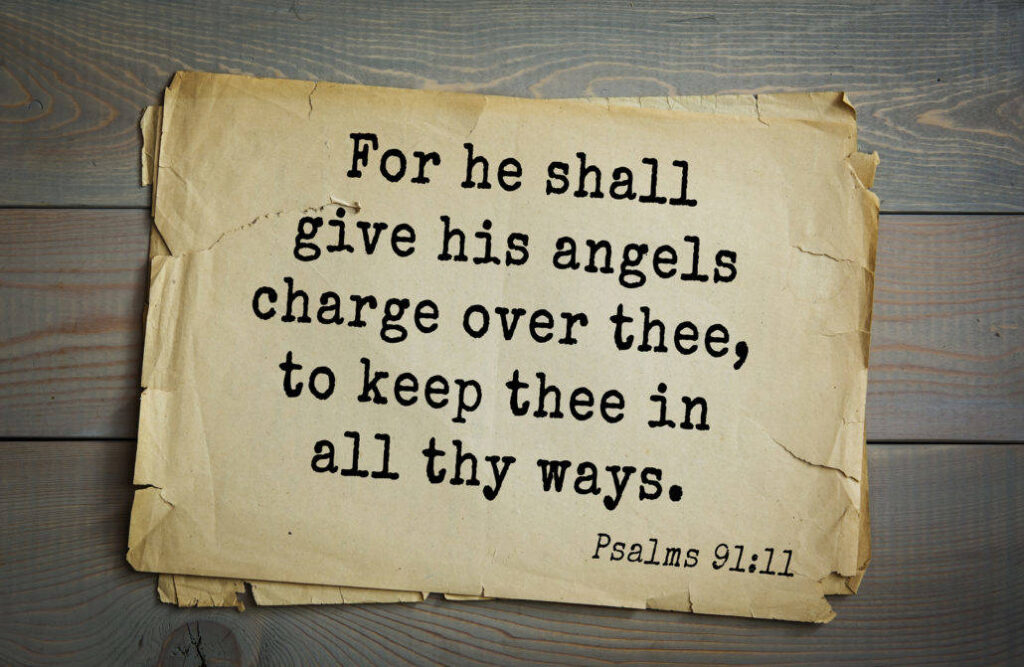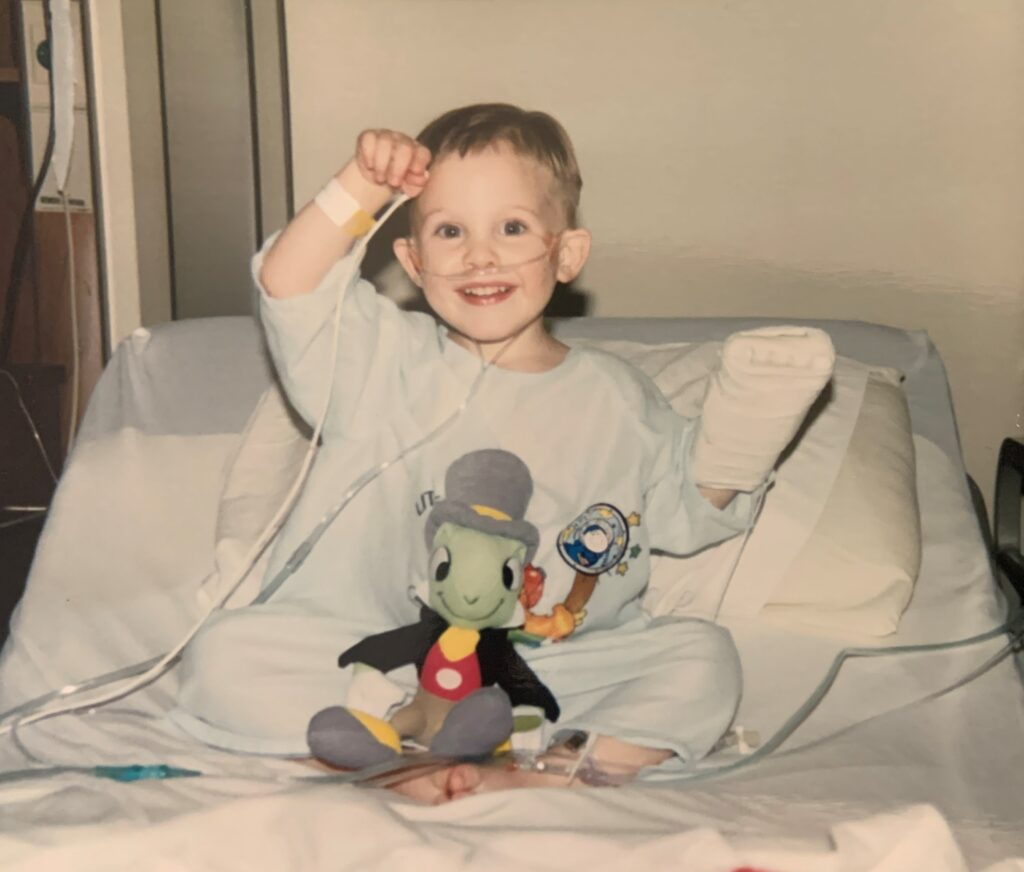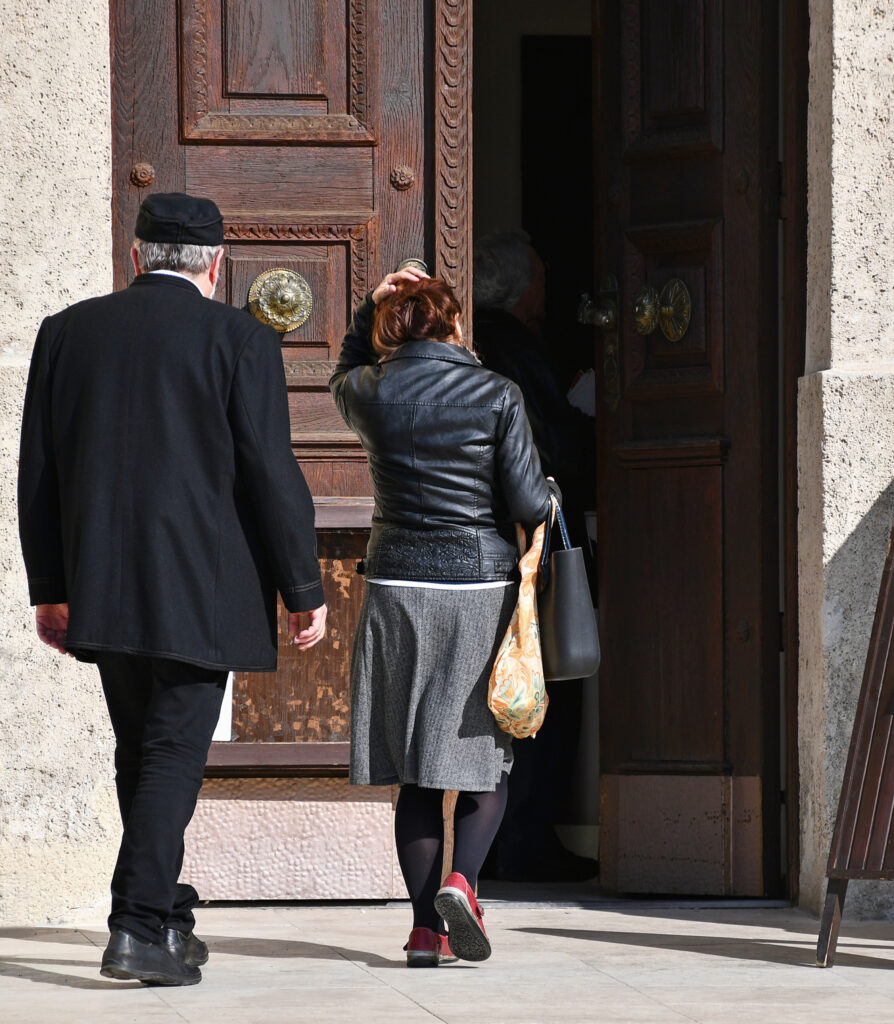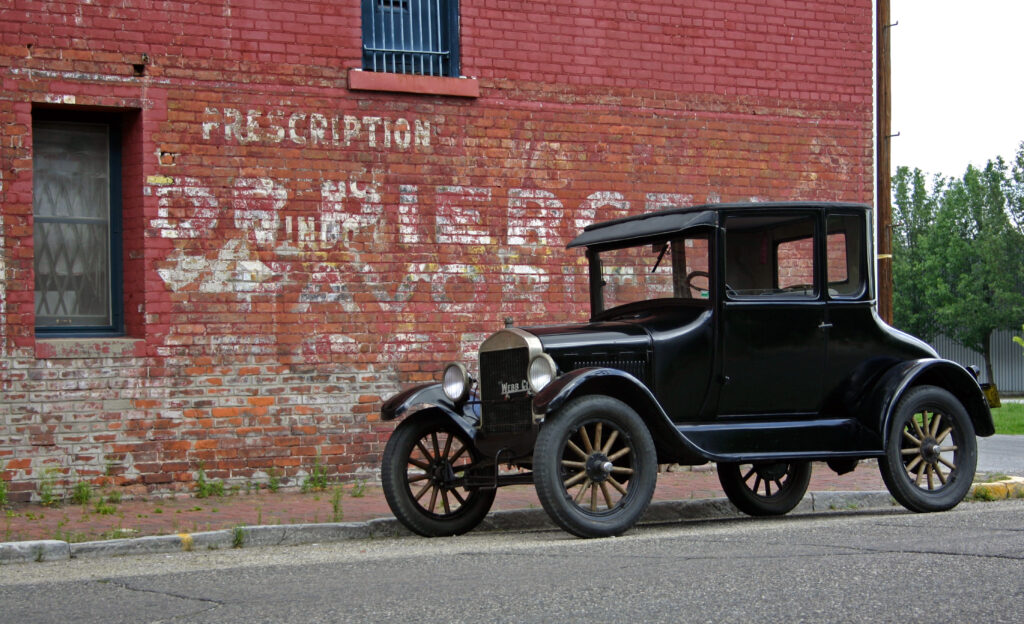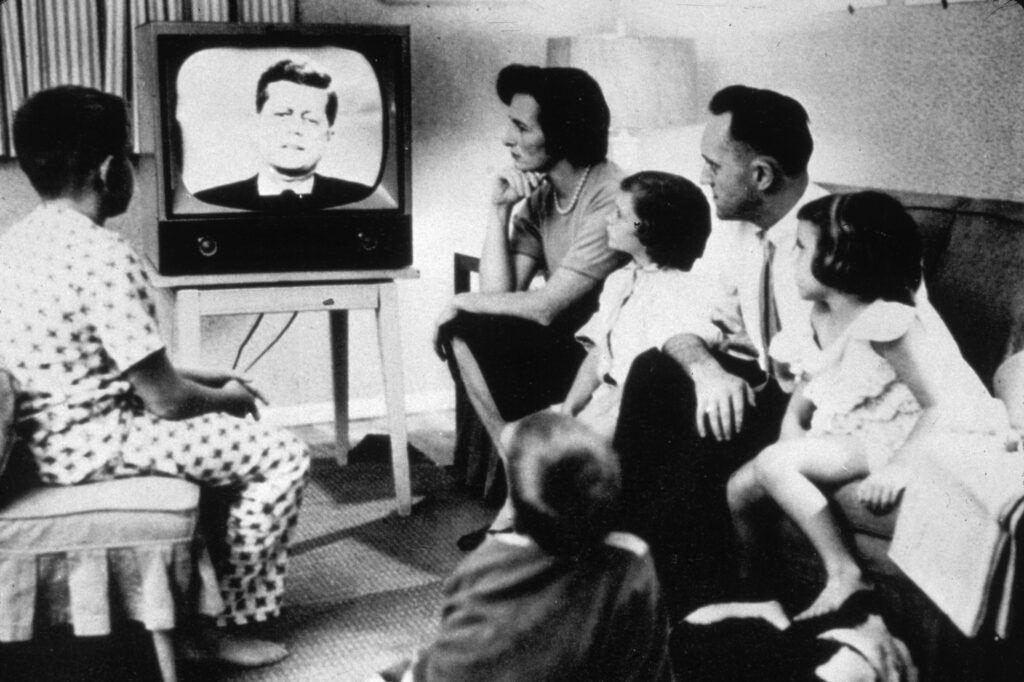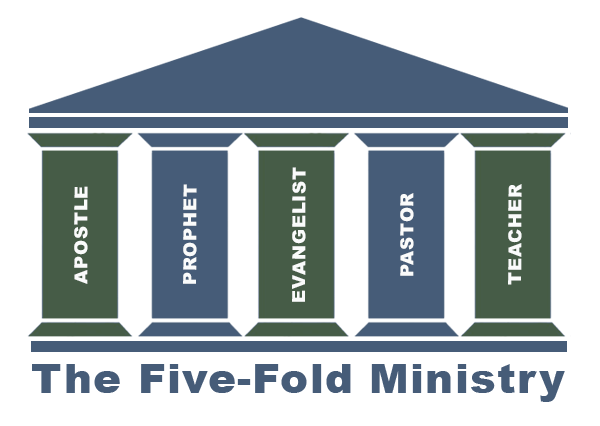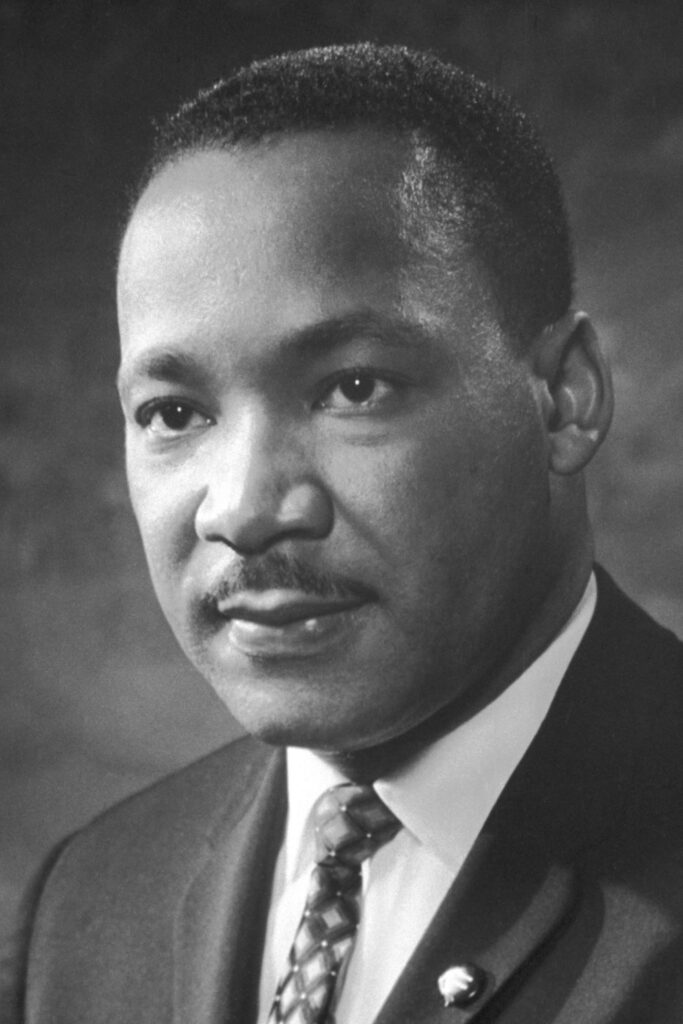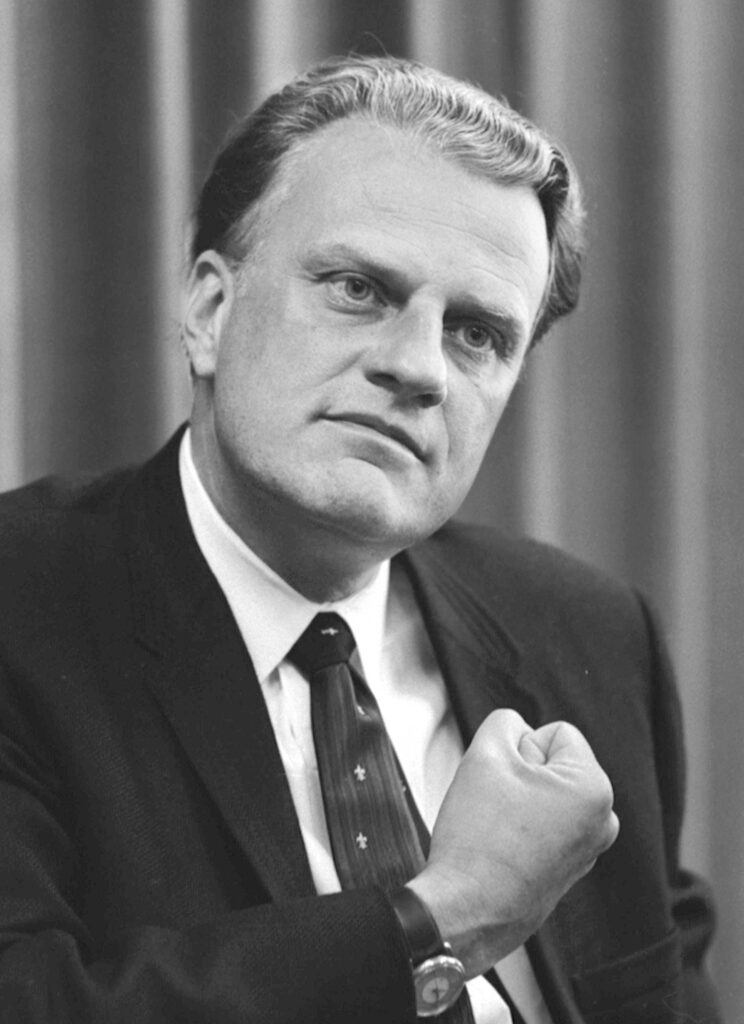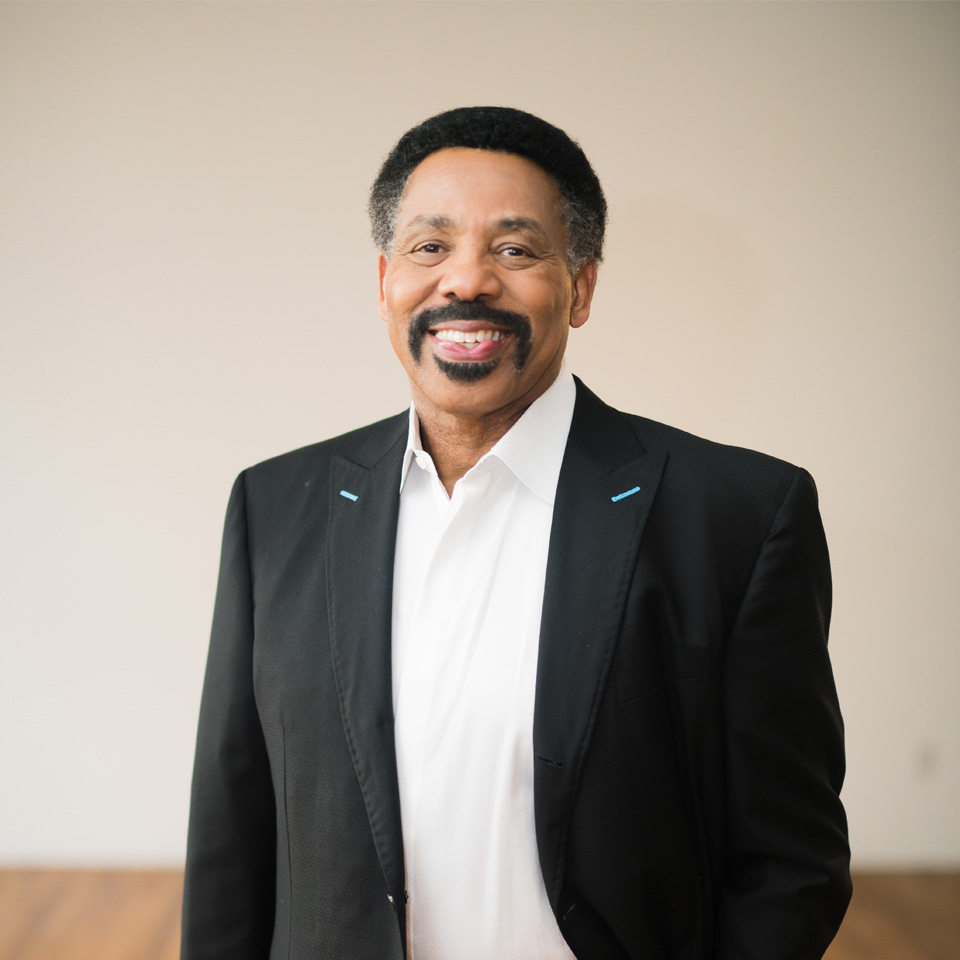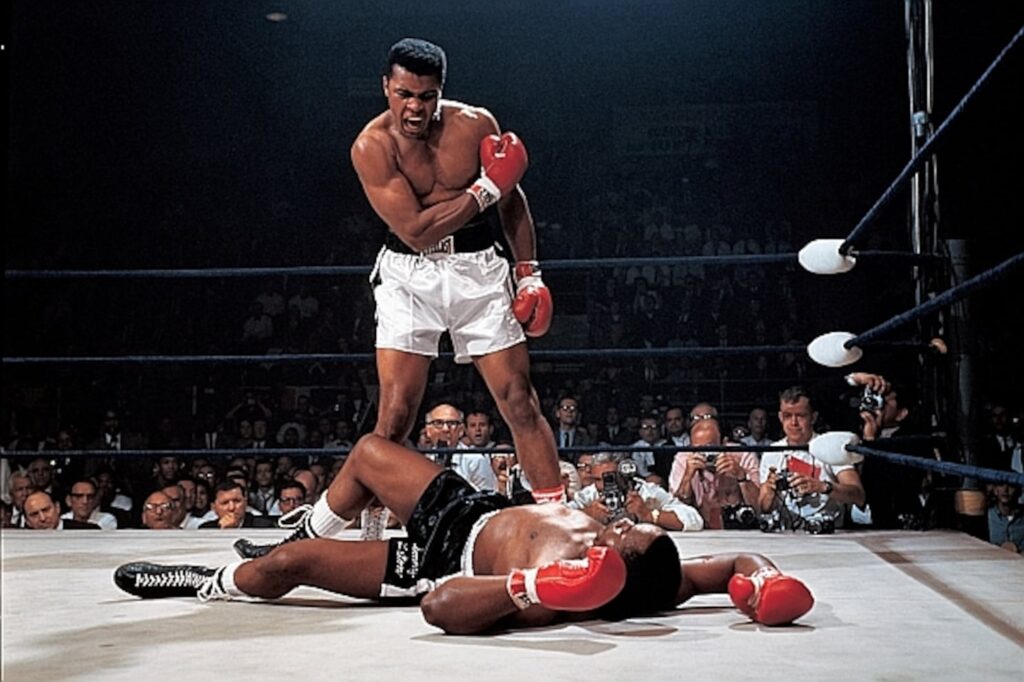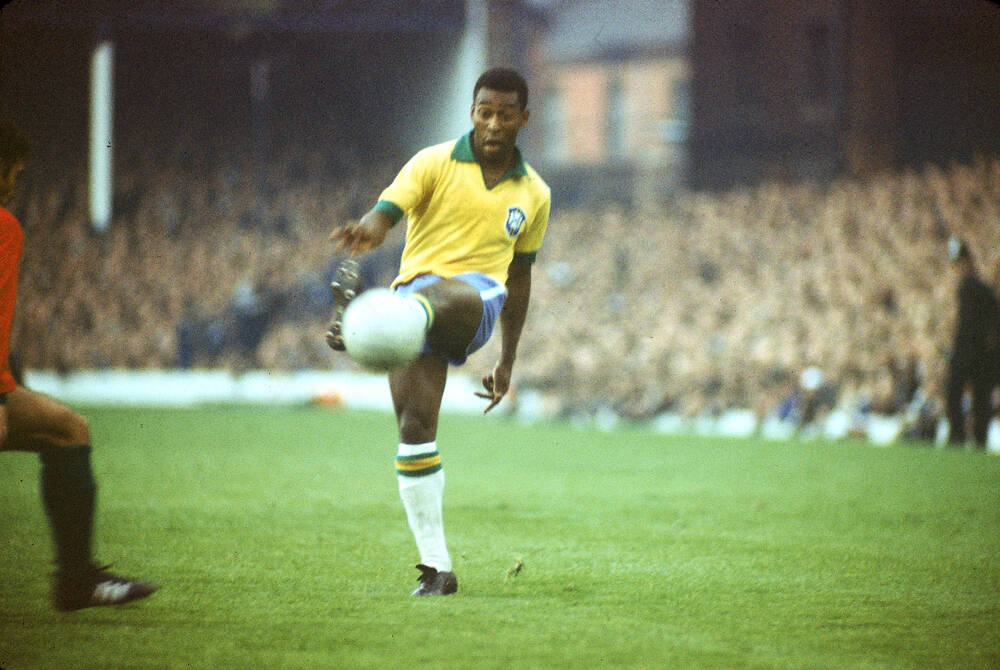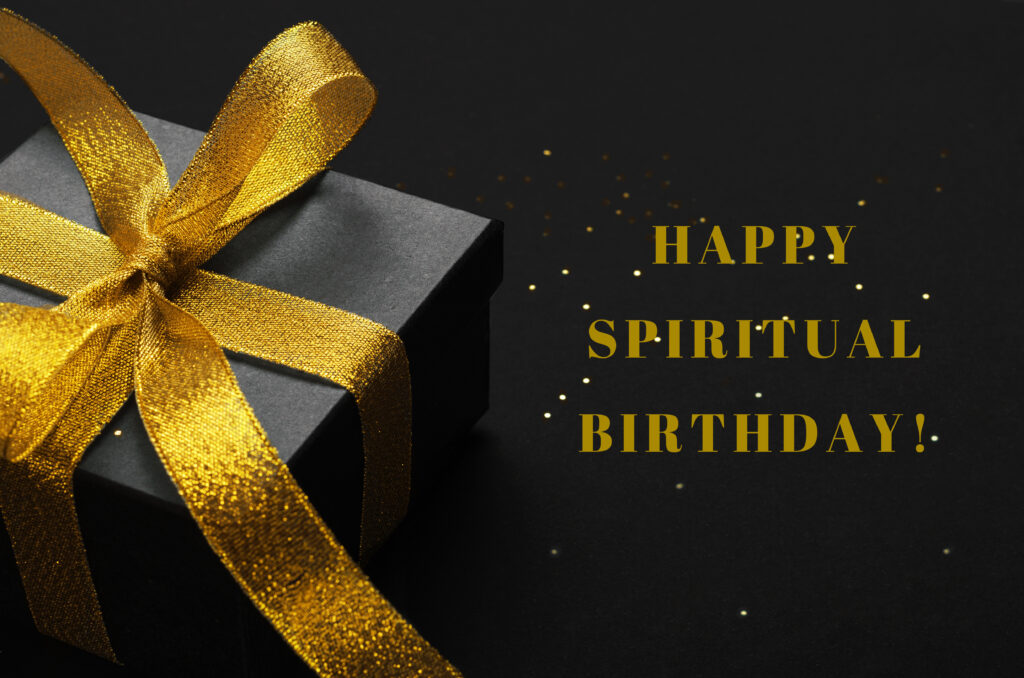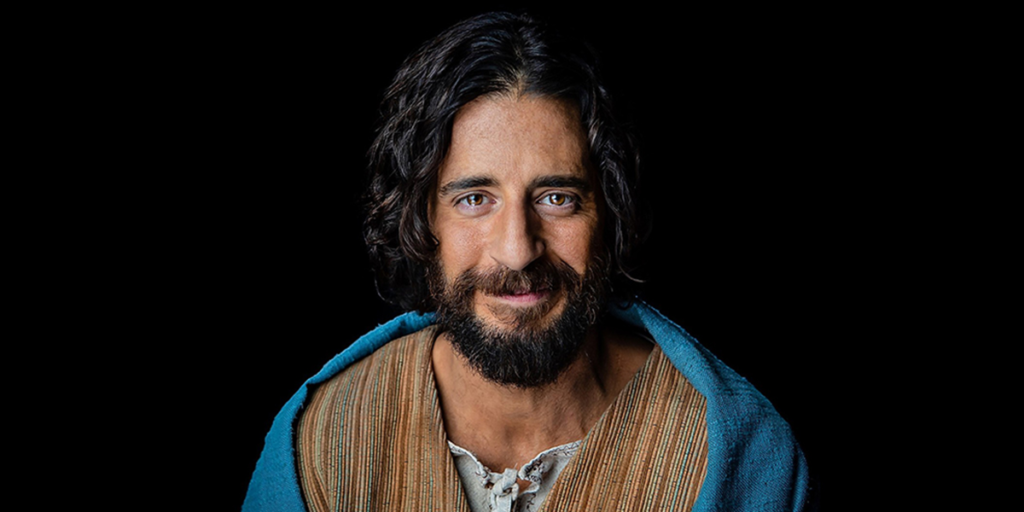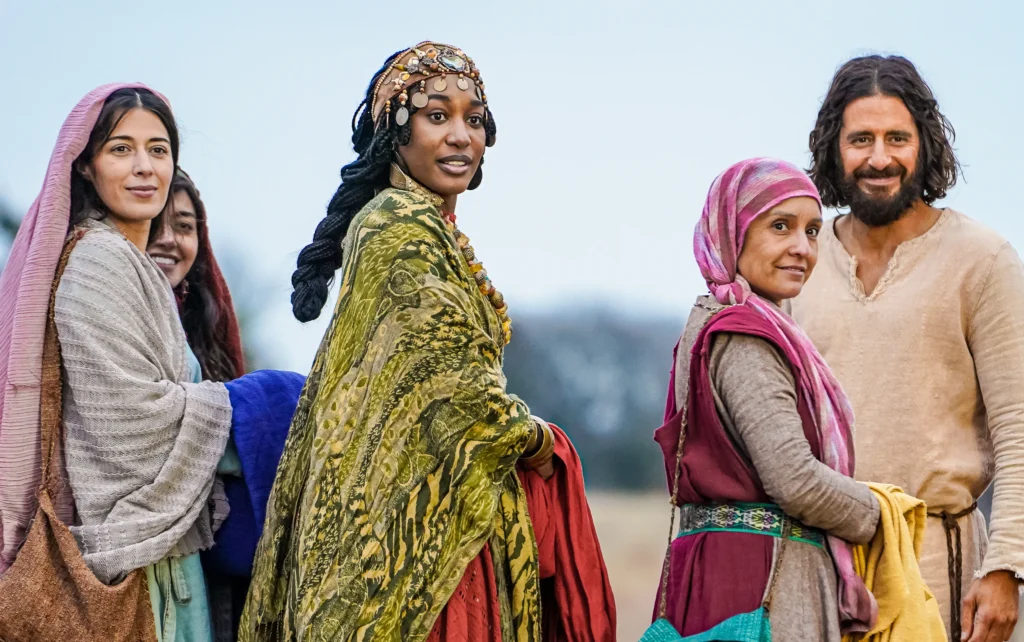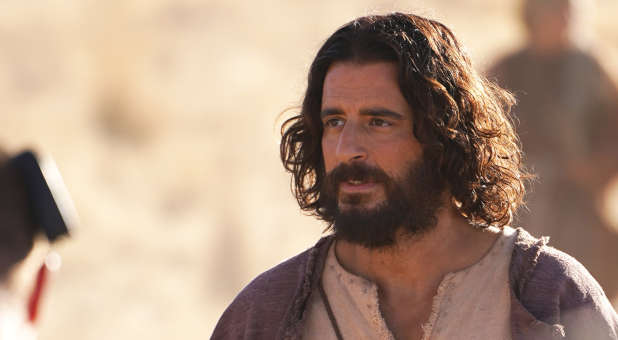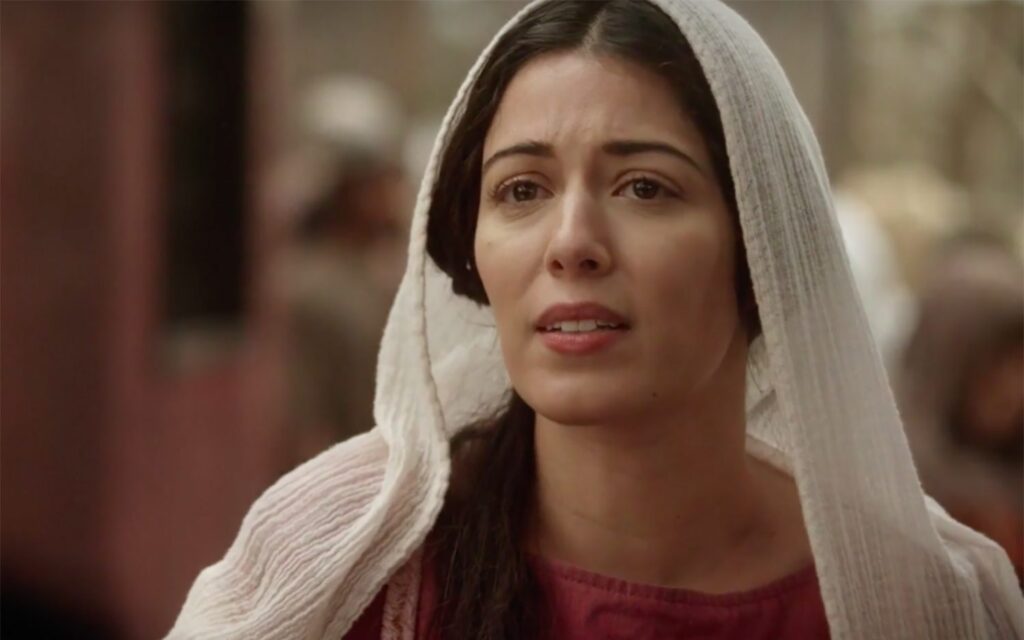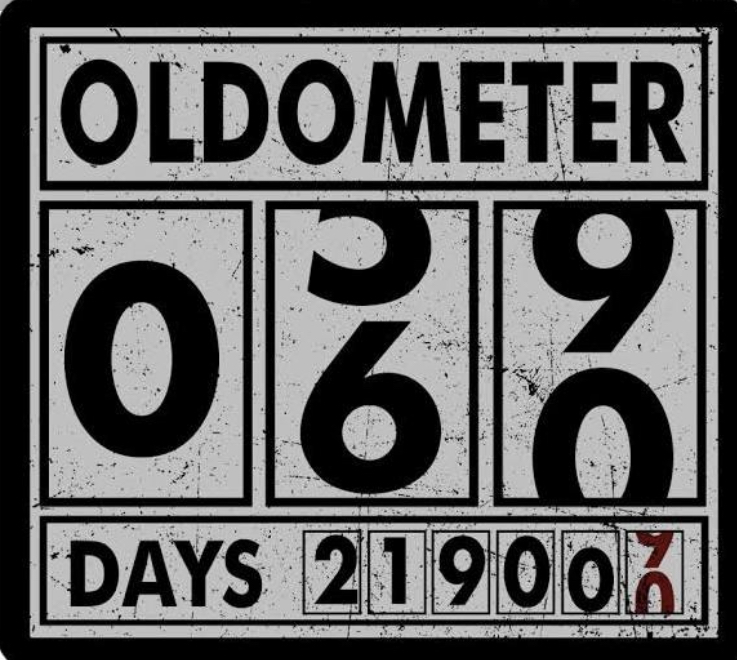God has been massaging into my heart for several weeks now an understanding
of 1 Timothy 6:6.
Now Godliness with contentment is great gain.
At first I took it as just a focus the Holy Spirit had for me personally, not
considering that He may want me to share it with anyone else. Then I was invited to
speak to a group of Christian men and I sensed God wanted to apply the verse to those
men as well. I communicated what God had been working into me and the men were
very responsive. So I think maybe this readership may benefit from it, too.
Think through what it might take to get yourself prepared for thanksgiving.
Notice the small t. If it were the big T Thanksgiving, we might say
– Make it through the summer and Halloween
– Don’t mess up any family relationships so we’ll all want to be together for the
holiday dinner
– Be prepared for Black Friday & Cyber Monday
But since we’re talking little t, the question is how we can prepare our hearts to be
thankful. I know there are many answers, but one of them is 1 Timothy 6:6. Let’s look at
it expositorally.
Godliness comes from a Greek word that is often translated holiness. To be holy
means to be set apart. God is holy; He’s set apart from all others. There’s none like Him.
He has no comparable foe and no peer. None can stand against Him and none can stand
beside Him as a possible equal. He is in a class completely by Himself. He is unique in the
highest and best ways.
For us to be Godly or holy means that we are set apart with God. This isn’t time out;
we aren’t set apart to be alone in some proverbial corner.

I was in a foreign country once with a team of missionaries. We all got into a vehicle
for our host to drive us to a destination. As we were all figuring out where we’d sit on
the journey, the host insisted that I sit up front with him. So, I sat in the front
passenger seat. Holiness is no more like riding shotgun than it is like sitting in timeout. It was an honor to ride shotgun that day but Godliness/holiness is even better.
Godliness is sitting with God ruling and reigning in your life. You sit with God in the
court of authority and judge with Him. Deception and anxiety present themselves and
you banish them from your kingdom. Grace and peace come before you and you give
them a place of honor.
Contentment is best understood by looking at the word contents, like the contents
inside a container.

Being content means you’re okay with the contents of your life.
You’re okay with where God has you right now, okay with what He’s doing with you,
okay with what He’s doing in you. You may not be totally comfortable, but you’re okay;
you trust it’ll all be fine because God is working His will in your life.
I have a close friend who usually exudes contentment regardless of his
circumstances. A few years ago he was working in a job where he was undervalued and
underpaid. I saw that he was overqualified and told him over breakfast one morning,
“You have a business degree, a college football career in your history and the
personality and skill set to do far better than your current situation. I think you should
pursue something more in line with your potential.”

I was his pastor at the time, and he replied to me, “Pastor Gabe, I’m right where I’m
supposed to be. I believe God wants me to stay right where I am.”
I was his pastor giving him “Godly counsel,” yet he demonstrated an attitude of
contentment. I realized he was right and my perspective was the one in need of
adjustment. He was okay with where God had him. I learned a valuable lesson that day.
In 1 Timothy 6:6, the word with is preceded by Godliness and followed by
Contentment. It could read “adding contentment to Godliness is great gain.” I believe
we can flip the two adjacent words and not lose the main point of the verse. It would be
“contentment with Godliness is great gain,” and the meaning would be that being okay
with Godliness (ruling and reigning with God) is great gain.”
Great Gain refers to material gain. That’s obvious from the context. (See the
previous verses.) But we also know that the gain God brings is far greater than any
compilation of material possessions.
A very important word remains in this passage; it’s the word “is.” Notice it doesn’t
say that Godliness with contentment leads to great gain. It reads that it is great gain. In
other words the contentment we have with Godliness is itself the great gain. It isn’t
something our contentment will eventually bring us to. The reality is that if we have
contentment, our contentment is the gain; it is the benefit.
Now, try being grateful without being content. Can’t do it, can you? It’s impossible.
But if we are content with what God is doing with us, a gratitude will ensue that’s bigger
than the holiday itself.

Isn’t God so good?! That He would give us so much in one package is amazing! No
wonder we thank Him so much! He totally deserves all the gratitude we can ever give
Him! Happy Thanksgiving, everybody! And Happy Godliness with Contentment!

